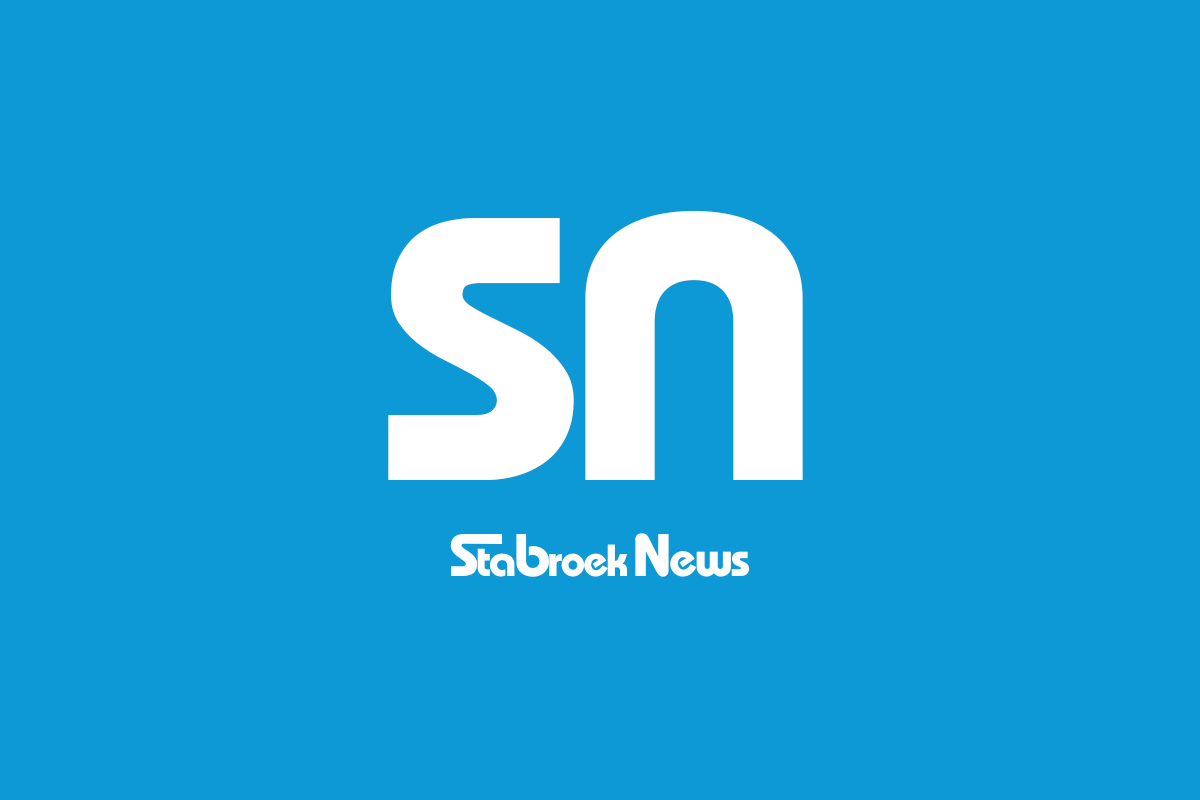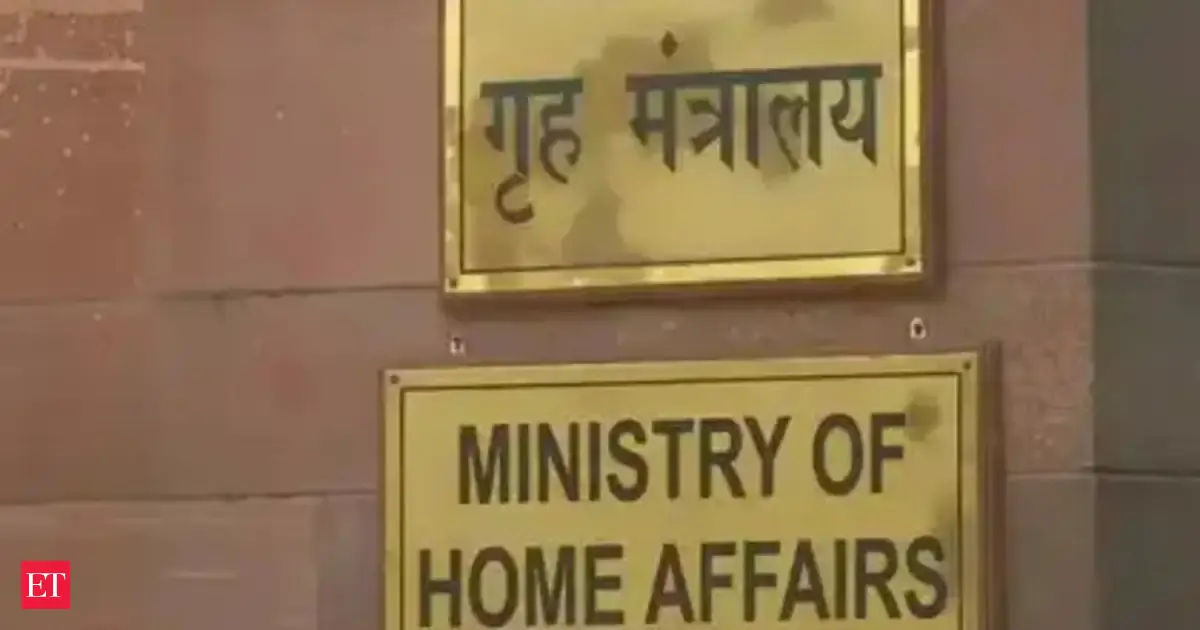Copyright stabroeknews

Dear Editor, “Currency manipulation refers to government policies that interfere with market forces and intentionally push down the value of a country’s currency in order to boost exports. The resulting weak or depreciated currency makes a country’s exports less expensive to foreign buyers than they would be otherwise. All else equal, currency manipulation by other countries may make U.S. exports less competitive in global markets.”— US Treasury Publication on Exchange Rates and Currency Manipulation —1/10/2025. Guyana is being hailed as the fastest-growing economy in the world, yet its business community is suffocating. For months, the nation has faced an alarming shortage of U.S. dollars, crippling importers, stalling investments, and exposing a widening gap between official speeches and economic reality. “An economy cannot grow when its lifeblood—the movement of money—is being strangled by its own government.” Let us not tiptoe around the facts. The foreign exchange market has been mismanaged by manipulation. Government interference has replaced transparency with confusion and fairness with frustration. Instead of allowing market forces to determine rates naturally, central decisions have restricted supply, leaving private enterprise powerless while politically connected entities thrive. “When bureaucracy becomes the dealer, the market stops dealing in reality”. While the Bank of Guyana remains silent, businesses and investors left to speculate, rate fluctuations intensify, non-bank cambios are placed in an advantageous position, exploiting the chaos, gouging businesses desperate to access foreign currency. What was meant to be a system of stability has become a playground for manipulation. The result: a two-tiered economy where those with influence thrive, and those without are left fighting to survive “Price gouging isn’t the problem—it’s a symptom of market manipulation from the top.” This is untenable in any free market economy. The very idea that Guyana’s so-called economic boom coincides with a liquidity crisis is contradictory. If foreign exchange is truly flowing from oil revenues, where is it going? Stakeholders suspect that the lion’s share of USD is being redirected by the state to fund massive infrastructure and procurement projects. If true, it means national prosperity is being funneled away from those creating real value. “A booming economy without currency freedom is a gilded cage—shiny outside, hollow within.” As businesses inch toward shutdown and investors watch their profits trapped in the system, the government risks destroying the investor confidence it has worked so hard to attract. No credible investor will remain in a country where profit repatriation feels like a privilege, not a right. “Confidence is the currency investors trade in; once lost, no reserves can buy it back.” Let us be clear: this is not sound policy initiatives —it is control disguised as stewardship. The government must restore transparency, stop allowing commercial banks to be the final arbiter as to who benefits and who are starved, publish data on USD availability, and stop rationing foreign exchange through opaque channels. The market will correct itself if allowed to function freely. “Economic control never ends in stability—it ends in scarcity, distrust, exploitation and decline.” Guyana cannot afford to gamble its future on secrecy and mismanagement. It is time for leadership to match rhetoric with responsibility. If this nation truly stands for free enterprise and fairness, then the foreign exchange market must be released from political control and the hands of the few while promoting inclusivity. Development without transparency is not progress nor prosperity —it is posturing. “The real danger isn’t the shortage of dollars—it’s the shortage of honesty.” Hemdutt Kumar



